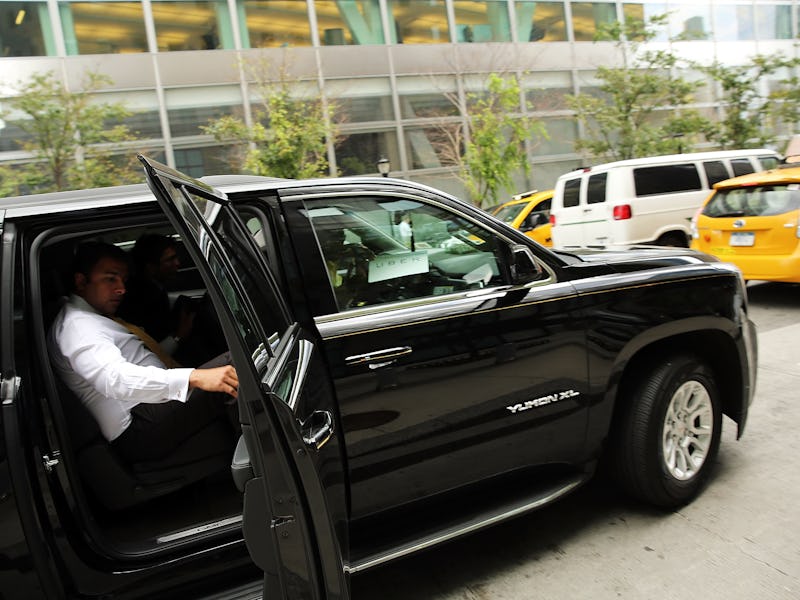Uber drivers are a varied bunch. Accepting rides through the service doesn’t require a lot of training — the greatest barrier to entry is the company’s background checks — which means basically anyone with a vehicle can start driving for the service to make a little extra money. A new study attempted to figure out how much people can expect to earn on Uber’s platform and learn more about the service’s demographics.
The study was published by the National Bureau of Economic Research (NBER), but the group is quick to note that it wasn’t responsible for the working paper. It was written by Jonathan Hall, an Uber employee and shareholder, with help from Uber consultant Alan Krueger. The working paper was not peer-reviewed or reviewed by NBER’s board of directors; the characterization of its findings should be taken with a pound of salt.
Still, the study is based on demographics information taken from Uber drivers by a third-party company, and it can offer a quick glance at how Uber changed between 2014 and 2015. It can also help to shed some light on the question of how much Uber drivers can expect to make in Boston, Chicago, and other major cities throughout the United States. Here’s the answer, as published by Hall and Krueger in their paper:
Congratulations, New Yorkers.
The data relates to an idea that Uber has flip-flopped about for a while: Whether its drivers should rely entirely on the Uber platform or if it’s best used to supplement other income. Even Uber’s chief advisor, David Plouffe, went back and forth on the issue. He said Uber wants to offer 40 hours of work; he also said it should be a side gig.
Hall and Krueger show that the math is split. Drivers in Boston, Washington DC, Los Angeles, and the catch-all for other cities earned less per hour driving between 35 and 49 hours a week than if they had driven less. New York, Chicago, and San Francisco, though, all rewarded drivers who treated Uber like a full-time job instead of a side gig by netting them more per hour if they drove around 40 hours a week.
Yet those figures conflict with data from Denver, Houston, and Detroit that leaked in June. That information showed that drivers earned between $8.15 and $13.17 per hour on average. That isn’t much more than Walmart employees, who will soon make $10 per hour, and pales in comparison to the findings within Hall and Krueger’s paper.
This could be a geographical problem — Hall and Krueger didn’t include analysis from the cities affected by the leaked data — but it also raises questions about what might have happened. Is the disparity caused by Uber slashing prices? Are these drivers not “hustling” as much? Is this why Uber drivers aren’t happy with their current positions?
Hall and Krueger based their study on “anonymized administrative data from Uber on the driving histories, schedules, and earnings of drivers using the Uber platform from 2012-14”; a “survey of 601 driver-partners conducted in December 2014”; and “a survey of 632 driver-partners conducted in November 2015.” This is probably the closest we’ll get to an answer straight from Uber, so your interpretation of the data likely depends on how you view the company and its business practices.
